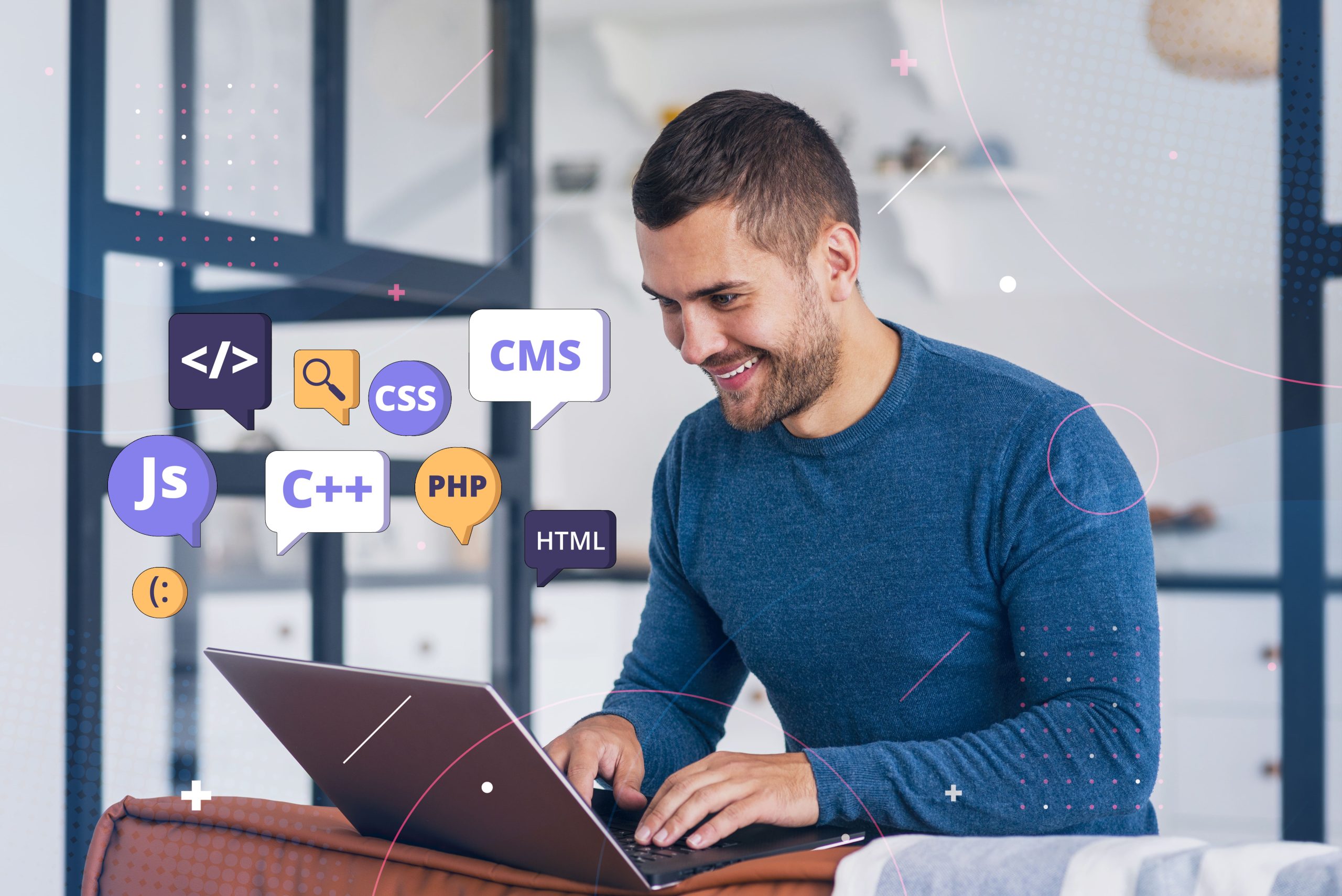Finding the right WordPress developer for your website is crucial to ensure its functionality, design, and long-term performance. Here are actionable steps to help you identify and hire the best developer:
1. Define Your Project Requirements
Start by outlining what you need from the developer. Include:
- The type of website (e.g., blog, e-commerce, portfolio).
- Features and functionalities (e.g., custom plugins, responsive design).
- Design preferences or references.
- Timeline and budget.
Having clear requirements will make it easier for developers to understand your vision.
2. Look in the Right Places
There are several platforms and communities where skilled WordPress developers are available:
- Freelance Platforms: Websites like Upwork, Fiverr, and Toptal host experienced developers with reviews and portfolios.
- WordPress Communities: Check out forums, Slack channels, and WordPress meetups.
- LinkedIn: Use LinkedIn to search for WordPress developers with relevant skills and experience.
- ThemeForest and GitHub: Developers contributing to WordPress themes or plugins are often highly skilled.
3. Check Their Portfolio
Review the developer’s past work to assess their:
- Expertise in creating websites similar to your project.
- Proficiency in customizations, responsive designs, and plugin development.
- Familiarity with SEO best practices and performance optimization.
4. Verify Technical Skills
Ensure the developer is proficient in key WordPress and web development technologies, including:
- PHP, HTML, CSS, and JavaScript.
- WordPress core, themes, and plugins.
- Page builders like Elementor or WPBakery.
- Knowledge of APIs and integrations.
5. Evaluate Communication Skills
Effective communication is essential for smooth collaboration. During initial discussions:
- Observe how well they understand your project.
- Assess their response time and willingness to clarify doubts.
6. Ask for References
Request testimonials or references from previous clients. Reach out to these clients to learn about their experience with the developer, especially regarding reliability, deadlines, and quality of work.
7. Test with a Small Project
Before committing to a large project, consider assigning a smaller task. This allows you to evaluate their:
- Technical capabilities.
- Adherence to deadlines.
- Problem-solving approach.
8. Discuss Maintenance and Support
Ensure the developer offers post-launch support for updates, bug fixes, and potential future enhancements.
9. Protect Your Project
- Sign a detailed contract specifying the scope of work, timeline, payment terms, and deliverables.
- Agree on intellectual property rights to ensure you own the website after development.
10. Build a Long-Term Relationship
If the developer meets your expectations, consider establishing a long-term partnership for ongoing support and future projects.
By following these steps, you can find a skilled WordPress developer who aligns with your project goals and helps bring your vision to life.


